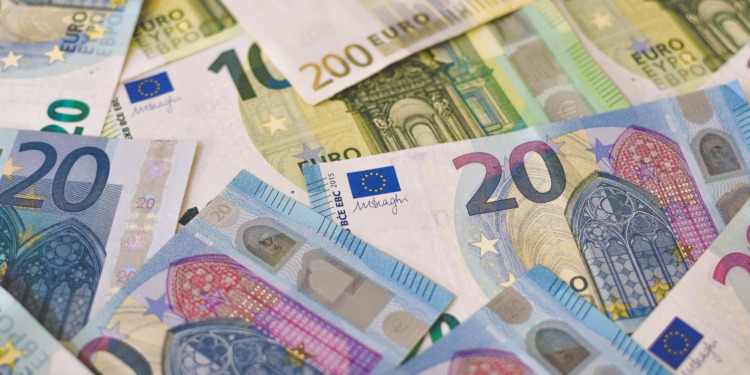Ten years after Croatia’s admission to the European Union, it is finally replacing its national currency, the Kuna, with the Euro, and joining the European free-movement area.
Last Sunday, on the first day of 2023, Ursula von der Leyen travelled to Bregana, a Croatian town on the border with Slovenia. Here, she gave an address alongside Croatian Prime Minister Andrej Plenković and Slovenian President Nataša Pirc Musar.
In von der Leyen’s heartfelt speech, she emphasised the values of trust and community as integral to the EU, and hailed the occasion as “a day to celebrate.” Von der Leyen directly praised Andrej Plenković for his hard work in readying Croatia for Schengen and eurozone membership.
At midnight last Sunday, the border gates were retracted, and a sign reading “free passage” installed, as Croatia officially became a member of Schengen. As a result, there will be no more passport checks at Croatia’s EU borders with Slovenia and Hungary.
Related Articles: EU Takes Action on Forever Chemicals, But Will It Be Enough? | EU CO2 Emissions Hit 30-Year Low: Can it Be Sustained? | LGBTQ Rights: Is the EU a Better Place Now Than it Was Last Year? | EU to Impose Trade Penalties on Countries That Refuse to Take Back Migrants
Von der Leyen has forecast “tangible benefits” for Croats living near Slovenia and Hungary, as they will be able to travel across borders easily for employment opportunities, among other things.
Plenković echoed that free movement and common currency will bring convenience to Croatian people.
Euro coins have been imprinted with a pine marten, an animal from which the Kuna took its name, which von der Leyen described as “a symbol of the successful union between your national identity and your European destiny.”
In doing so, she emphasised that national identity and European identity are not at odds with one another, but exist as complementary forces.
What awaits Croatia on joining the eurozone?
The eurozone aims to bring various economic benefits to its members. These include the following:
- Prices between countries are more easily compared. This increases competition among them, which benefits consumers.
- Prices are more likely to remain stable.
- It is “easier, cheaper and safer for businesses to buy and sell within the euro area and to trade with the rest of the world”
Croatian finance minister Marko Primorac was the first person to withdraw euros from a Croatian ATM just after midnight on Sunday.
A future of growth and community lies ahead for Croatia as the rest of the bloc warmly congratulates it. The country has cause to celebrate this achievement for which, in the words of Davor Božinović, Croatia’s Interior Minister, “generations of Croats fought and fought.”
Editor’s Note: The opinions expressed here by the authors are their own, not those of Impakter.com — In the Featured Photo: Euro notes. Featured Photo Credit: Ibrahim Boran/Unsplash










